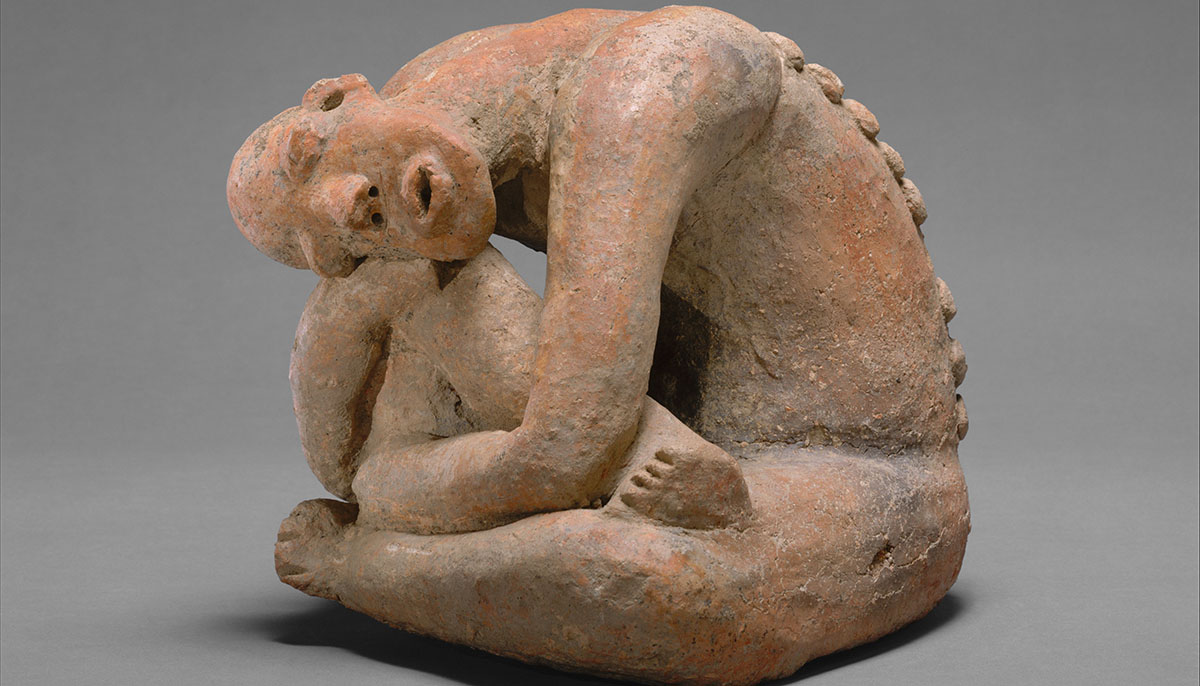Question: I’m getting conflicting messages from my Buddhist teacher and my psychotherapist about how to deal with strong emotions. My teacher says I should see the emptiness of emotions, and then they won’t affect me so much. But my therapist says I should open myself up to my emotions and feel them fully. Whose advice should I take?
Linda Galijan: Both approaches can be helpful in dealing with strong emotions, but it depends on how you engage with them. When practicing with seeing emotions as empty, it can be easy to fall into aversion, denial, or spiritual bypassing. On the other hand, opening up to strong emotions can inadvertently exacerbate them. When used skillfully, the two approaches work together well.
A grounded presence allows us to access the full range of our humanity.
Seeing emptiness isn’t about understanding the “idea” of emptiness, although that can be a useful first step. Emptiness is realized in direct experience of whatever is arising in the moment. Therefore, when practicing with strong emotions, it’s important to be within your “window of tolerance.” If you’re feeling extremely agitated, overwhelmed, or shut down, you’ll first need to reestablish enough stability to be able to stay present with your experience.
The way you relate to your emotions is key to allowing yourself to open to your experience in a beneficial way. If you’re judging your emotions or trying to change or control what you’re feeling, it’s difficult to be fully present. If judgment or control persists, just be aware of what it’s like to resist opening to emotions.
Acknowledging and accepting what’s happening in ordinary moments helps you stay present and open during difficult experiences. Acceptance doesn’t imply judgment of whether something is good or bad; it simply means recognizing what’s happening now. Cultivating other beneficial qualities like curiosity and kindness can also be helpful.
A grounded presence allows us to access the full range of our humanity. It creates wholesome conditions for seeing all phenomena as impermanent and empty of inherent existence. Simultaneously, it’s a practice of skillful engagement within the everyday world. May you enjoy the dance of emotions and emptiness!

